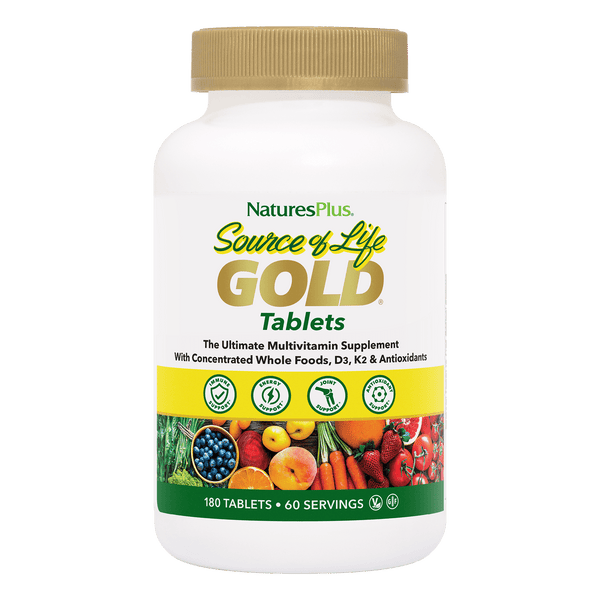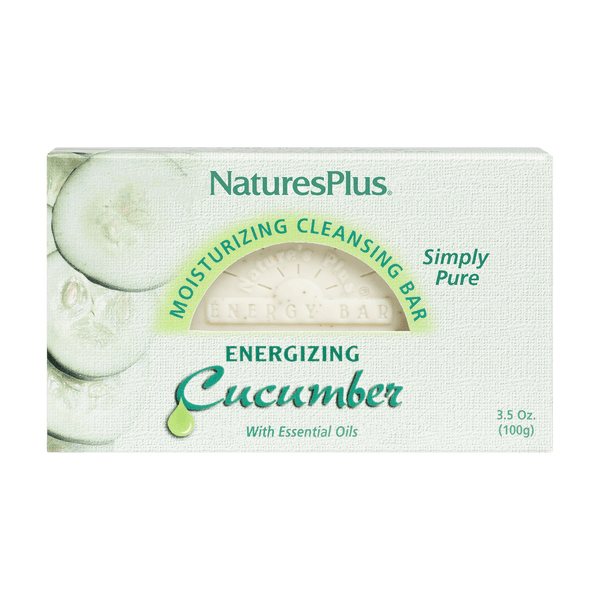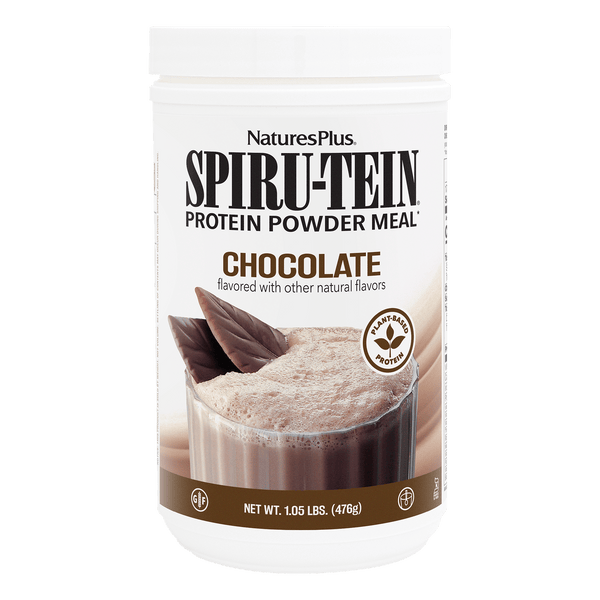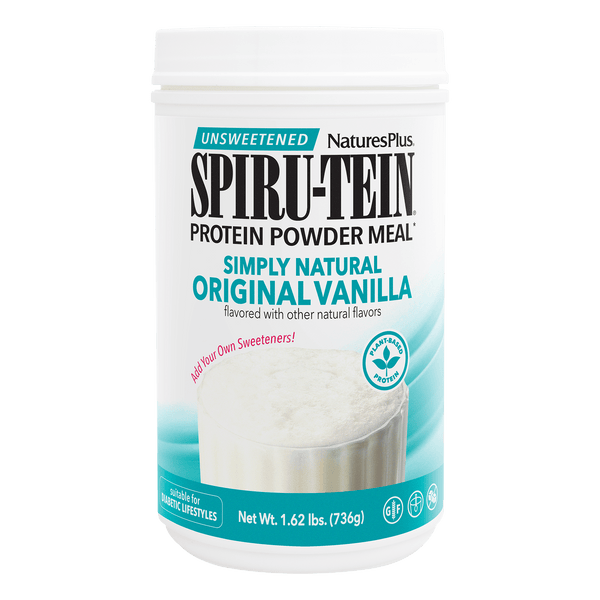How to Keep Your Thyroid Healthy: 5 Essential Tips
Your thyroid may be small—only about two inches long—but it plays a vital role in your body’s energy production and overall well-being. Located in your neck, this little gland is essential for regulating your metabolism and energy levels. Here are five ways to keep your thyroid functioning optimally. (If you’ve been diagnosed with a thyroid condition, it’s crucial to work with a healthcare practitioner, typically anendocrinologist.)
1. Eat Iodine-Rich Foods for Thyroid Health
Your thyroid produces hormones that control metabolism, energy, and more. To produce these hormones, your body needs iodine, which is found in a variety of foods. Incorporate iodine-rich foods likedairy products, seafood, meat, and eggs into your diet to support thyroid function.
Additionally,vitamin Dmay play a role in thyroid health.*These statements have not been evaluated by the Food and Drug Administration. This product is not intended to diagnose, treat, cure or prevent any disease. Studies show that many adults in the U.S. are deficient in vitamin D; foods rich in both iodine and vitamin D include dairy products, seafood, meat and eggs; D can also be found inmushrooms. In addition, sunlight helps your body produce vitamin D: Aim for10 to 30 minutes of midday sun several times a week for optimal vitamin D levels.
2. Avoid Gluten to Protect Your Thyroid
Gluten, a protein found in wheat and other grains, can contribute to thyroid issues. If you have a sensitivity to gluten, it can lead toleaky gut, where undigested food particles enter your bloodstream, triggering immune system reactions that affect the thyroid. This may contribute to conditions likeHashimoto’s thyroiditis, which slows thyroid function.
Studies have shown that adopting agluten-free diet may benefit individuals with Hashimoto’s. Gluten can also be hidden in non-obvious foods such assoy sauce andsalad dressings(gohere for more information). Avoiding processed and fried foods is also recommended, as they contain harmful compounds calledAdvanced Glycation End Products (AGEs), which can disrupt hormone balance.
3. Control Your Blood Sugar Levels for a Healthy Thyroid
Maintaining stableblood sugar levels is essential for thyroid health. High blood sugar can impair thyroid hormone production and function. Here are tips to keep blood sugar in check:
- Opt for healthy fats, proteins, and non-starchy vegetables instead of refined sugars and grains
- Choose foods with a low glycemic index, which helps regulate blood sugar
- Stay hydrated
Avoid foods that can spike blood sugar, such as:
- Sweets and candies
- Packaged snacks
- Refined wheat products (e.g., white bread)
- Sweetened beverages like soda and fruit juices
- Fried foods (e.g., French fries and donuts)
4. Get Regular Exercise to Support Thyroid Function
Exercise plays a crucial role inbalancing blood sugar, regulating hormones, and boosting oxygen levels in tissues, all of which help maintain healthy thyroid function. Aim forat least 30 minutes of cardiovascular exercise per day, along withstrength training a couple of times per week. Don’t forget to incorporaterest days for recovery.
5. Reduce Toxin Exposure to Protect Your Thyroid
Many environmental toxins can interfere with your thyroid function. Thesethyroid-disrupting chemicals mimic thyroid hormones and can block hormone receptors, leading to reduced thyroid activity. To minimize toxin exposure:
- Chooseorganic produce, meat, and dairy to avoid harmful pesticides and growth hormones
- Use ceramic, glass, or stainless steel containers instead of plastic to store food
- Opt for personal care products and cleaning supplies that are free from harmful chemicals like phthalates
- Filter your drinking water to remove toxin
- Open windows regularly for fresh air and use houseplants to naturally purify indoor air
Additional Tips for Thyroid Health
Quit Smoking:Cigarette smoke contains toxins that can disrupt thyroid function. If you smoke,quitting will greatly benefit your thyroid health. Avoid exposure to secondhand smoke as well.
Practice Stress Reduction: Chronic stress raises cortisol levels, which can interfere with thyroid hormone production. Incorporate relaxation practices likeyoga, meditation, and deep breathing to reduce stress. Make time for activities that bring you joy and learn to set boundaries to avoid unnecessary stress.
Get Enough Sleep: Poor sleep can exacerbate stress and negatively impact thyroid function. Aim for7 to 8 hours of quality sleep each night to support hormone production. If you have trouble sleeping, check out our tips for improving your sleep quality.
Conclusion
Your thyroid may be small, but it’s essential to your overall health. By following these simple steps—eating iodine-rich foods, avoiding gluten, controlling blood sugar, exercising regularly, and reducing toxin exposure—you can keep your thyroid functioning properly. (Always consult with a healthcare professional if you suspect any thyroid issues or if you have a pre-existing condition.)
FAQ: How to Keep Your Thyroid Healthy
1. What foods should I eat to keep my thyroid healthy?
To support thyroid function, include iodine-rich foods like dairy, seafood, meat and eggs in your diet. These foods help your thyroid produce essential hormones that regulate metabolism and energy levels. Additionally, ensure adequate vitamin D intake, which can be found in dairy, seafood, eggs and mushrooms, as it plays a role in thyroid health.
2. Should I avoid gluten for thyroid health?
Yes, avoiding gluten can benefit your thyroid health, especially if you have a sensitivity to it. Gluten can trigger autoimmune responses, leading to conditions like Hashimoto’s thyroiditis, which can impair thyroid function. Consider a gluten-free diet, and be mindful of hidden sources of gluten in products like soy sauce, salad dressings and processed foods.
3. How does blood sugar affect thyroid function?
Maintaining stable blood sugar levels is vital for thyroid health. High blood sugar can impair thyroid hormone production and function. To manage your blood sugar, choose low glycemic foods like non-starchy vegetables, healthy fats and lean proteins, and avoid sugary foods and refined carbohydrates such as sweets, packaged snacks, and white bread.
4. How can exercise improve thyroid health?
Regular exercise supports thyroid health by balancing blood sugar, regulating hormones and improving oxygen delivery to tissues. Aim for at least 30 minutes of cardiovascular exercise daily and strength training a couple of times per week. Don’t forget to include rest days to allow your body to recover.
5. What toxins should I avoid to protect my thyroid?
To protect your thyroid from toxins, reduce exposure to chemicals that disrupt thyroid function. Opt for organic produce and hormone-free meat, use glass or stainless steel containers instead of plastic and choose personal care and cleaning products free from harmful chemicals like phthalates. Additionally, filter your drinking water and ensure proper ventilation in your home.
6. How does smoking affect thyroid health?
Cigarette smoke contains toxins that can disrupt thyroid function. Quitting smoking and avoiding secondhand smoke can significantly improve your thyroid health. The benefits of quitting go beyond thyroid function, positively impacting your overall well-being.
7. Can stress affect thyroid function?
Yes, chronic stress can raise cortisol levels, which in turn can interfere with thyroid hormone production. Incorporating stress reduction techniques such as yoga, meditation, deep breathing and engaging in activities that bring joy can help manage stress and support thyroid health.
8. How much sleep do I need for optimal thyroid health?
Adequate sleep is crucial for maintaining thyroid health. Aim for 7-8 hours of quality sleep each night to support hormone production and reduce stress. Poor sleep can negatively impact thyroid function, so make sleep a priority for overall well-being.
9. Can vitamin D help improve thyroid health?
Vitamin D is essential for thyroid health, and many people are deficient in it. Ensure you get enough vitamin D by consuming foods like dairy, seafood, and eggs, or by spending 10-30 minutes in the midday sun several times a week. A deficiency in vitamin D can impair thyroid function, so maintaining optimal levels is important.
10. What are some additional tips to improve thyroid health?
In addition to following the essential tips for thyroid health, consider quitting smoking, managing stress and getting enough quality sleep. These lifestyle changes can further support thyroid function and overall well-being. If you suspect thyroid issues, it’s important to consult with a healthcare professional for proper diagnosis and treatment.
IMPORTANT DISCLAIMER
The information in this blog is provided for educational purposes only and is not a substitute for consultation with a doctor or qualified healthcare professional. Consultation with a doctor or qualified healthcare practitioner is strongly advised before starting any regimen of supplementation, a change in diet or any exercise routine. Individuals who engage in supplementation to promote health, address conditions or support any structure or function of the body assume all risks. Women who are pregnant, especially, should seek the advice of a medical doctor before taking any dietary supplement and before starting any change in diet or lifestyle. Descriptions of herbs, vitamins, nutrients or any ingredients are not recommendations to take our products or those of any other company. We are not doctors or primary-source science researchers. Instead, we defer to the findings of scientific experts who conduct studies, as well as those who compile and publish scientific literature on the potential health benefits of nutrients, herbs, spices, vitamins or minerals. We cannot guarantee that any individual will experience any of the health benefits associated with the nutrients described. Natural Organics will not be held liable for any injuries, damages, hindrances or negative effects resulting from any reliance on the information presented, nor will Natural Organics be held accountable for any inaccuracy, miscalculation or error in the scientific literature upon which the information provided is based.
Like this article? You’ll love our weekly newsletter
sign up here!
**These statements have not been evaluated by the Food and Drug Administration. This product is not intended to diagnose, treat, cure or prevent any disease.











































































